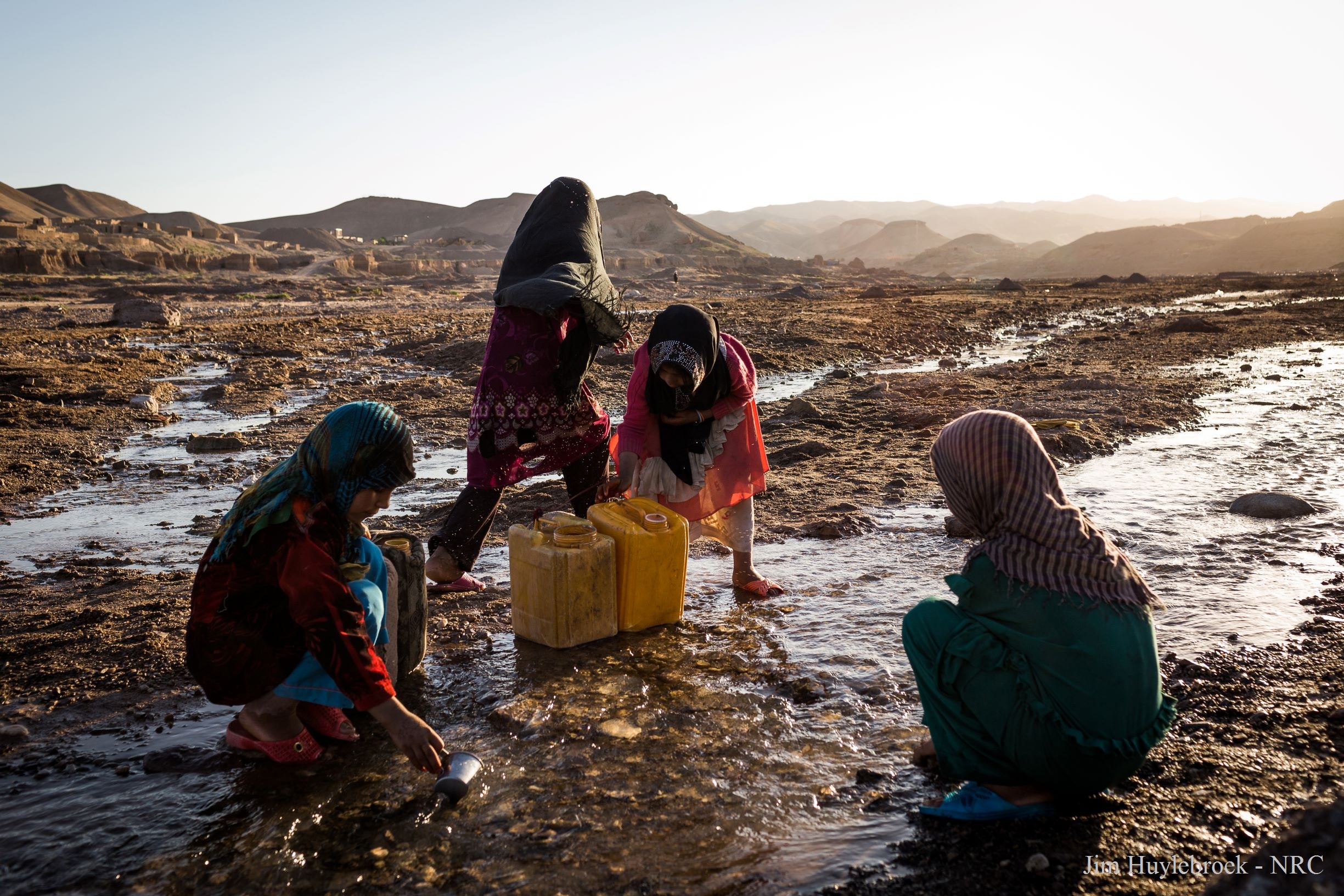
Break the vicious cycle of conflict and hunger
ACBAR was on the panel of the (UN) ECOSOC Humanitarian Affairs Segment side-event on “Conflict and Hunger: implementing UNSC Resolution 2417 for humanitarian impact”- on 25 June 2019, Geneva.After 40 years of conflict and displacement, a major structural livelihood crisis is resulting also in a chronic food security crisis with in 2018 the worst drought seen in decades. As the data shows one of the world’s eight worst food crises in 2018 was in Afghanistan; 22 provinces were severely affected. The total number of people displaced in 2018 was more than 635,000.
In 2018, 13.5 million Afghans faced significant levels of food insecurity (six million more than in 2017). 80% of people in Afghanistan are living in poverty, having less than US $ 1,25 per day to meet their needs. When displaced families started to arrive in urban areas, humanitarian partners (e.g. NGOs) provided life-saving activities. During 2018, 151 humanitarian (e.g. NGO) organisations reached over 6.5 million people, including areas of highest need such as Nangarhar, Kunduz, Faryab and Badghis.
Afghanistan has one of the highest population growths in the world and is also is one of the most affected countries by climate change in Asia. These two factors will increase conflict over land and water in the coming decade. On behalf of the NGO humanitarian community ACBAR’s elected chair Mr. Khaliqi is stating that “People should be put at the centre of the process, local communities must be able to participate in planning and implementation of programmes, needed is a coordinated and inclusive approach for development and humanitarian areas and protection should be at the heart of the peace process.” To break the vicious cycle of conflict and hunger in Afghanistan the international community should stay committed to protect development gains from being reversed and more sustainable solutions should be developed to meet urgent humanitarian needs together with local communities.

